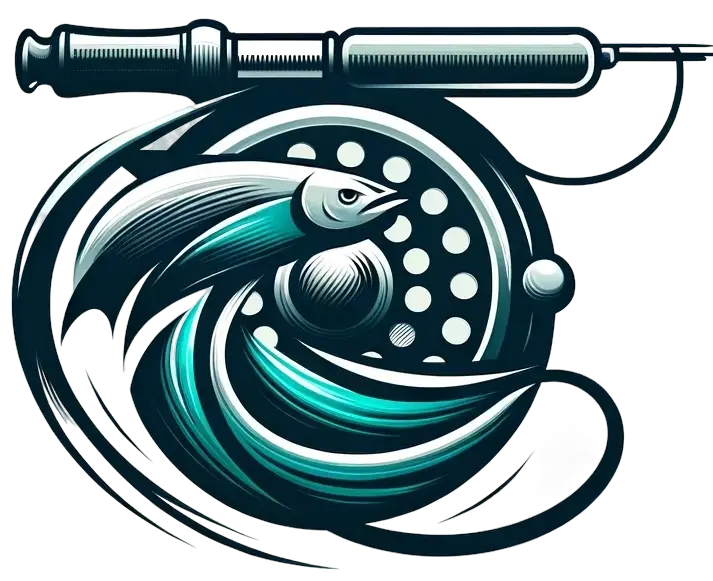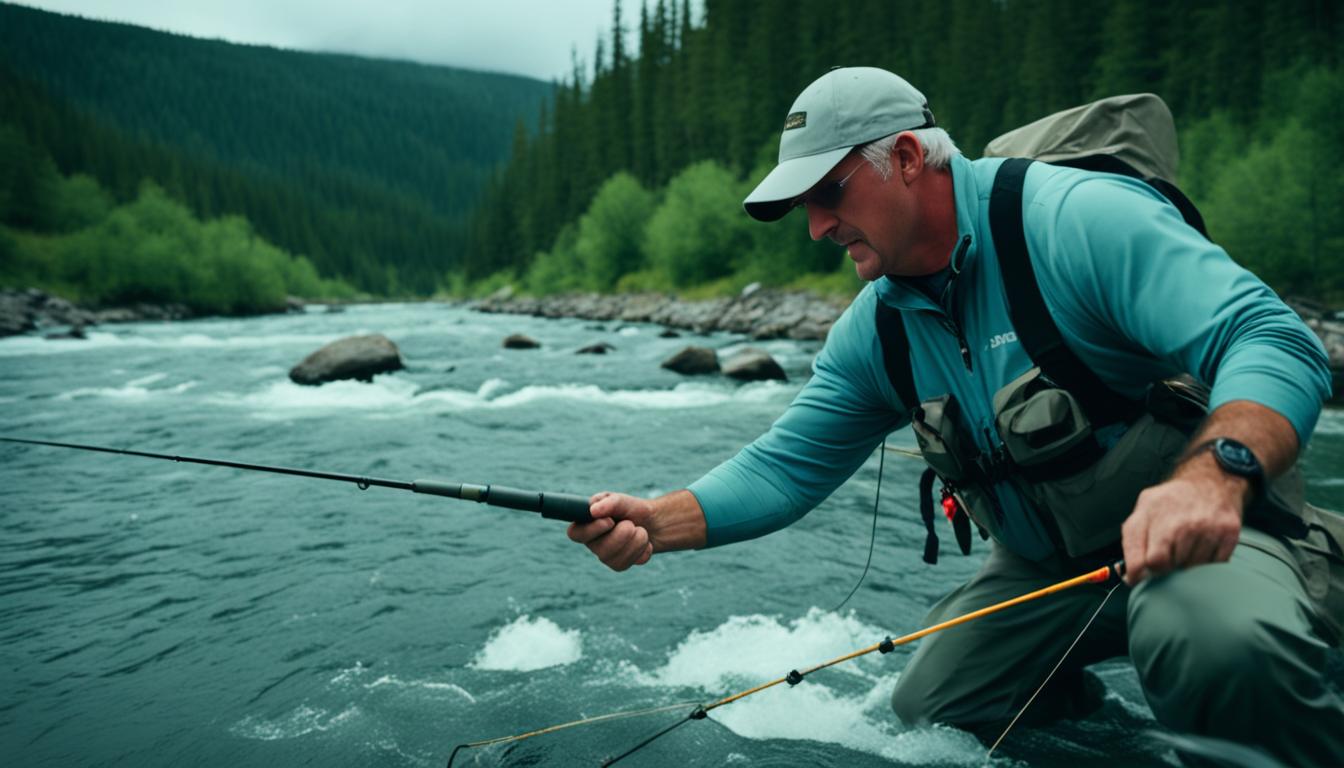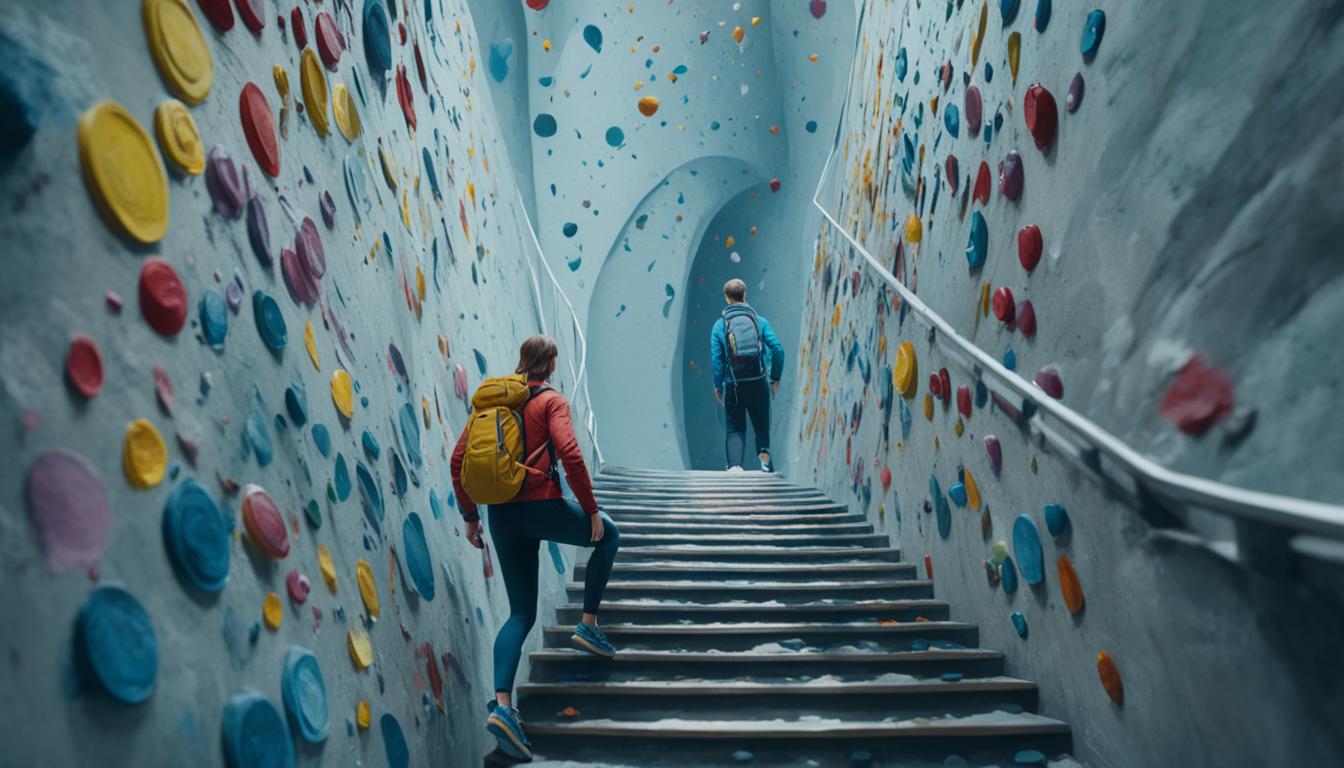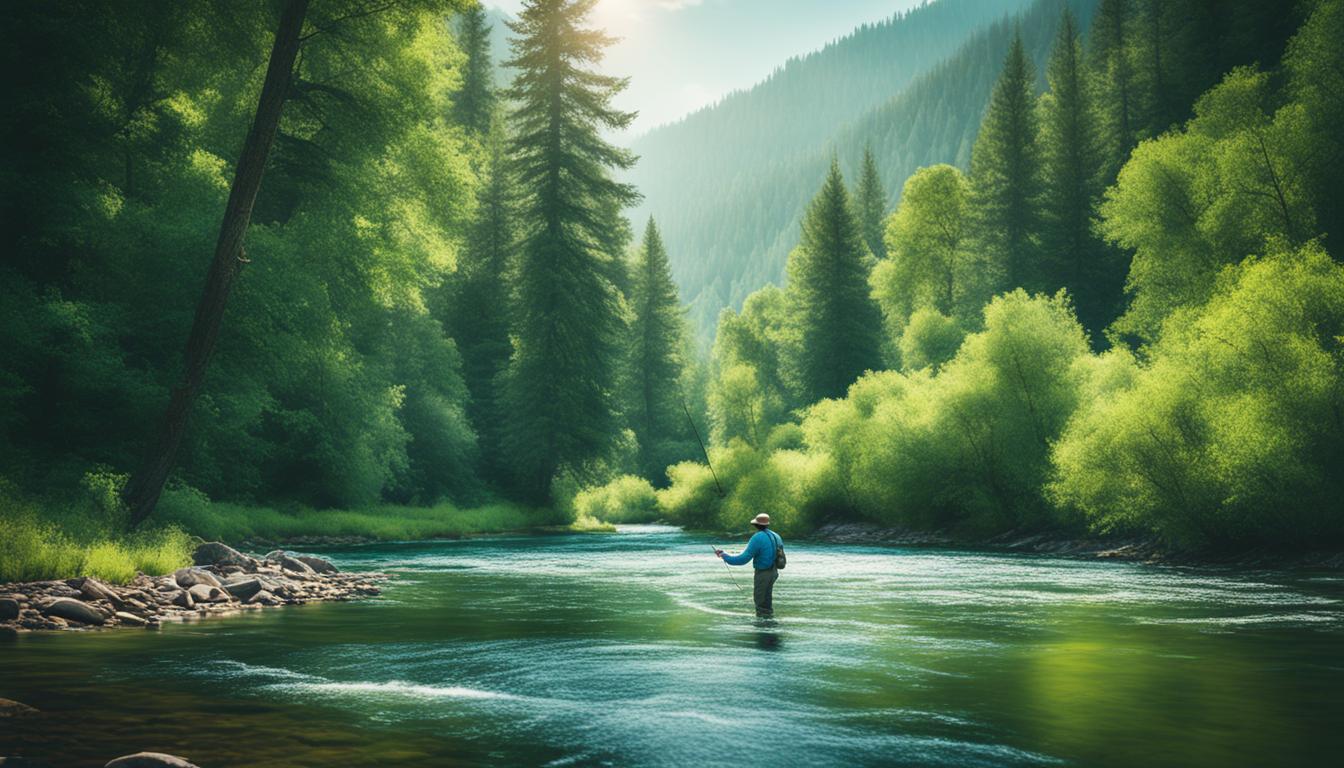When it comes to fly fishing, having a skilled and knowledgeable guide by your side can make all the difference. That’s why choosing the right fly fishing guide is crucial for a successful and enjoyable fishing experience. But with so many options out there, how do you know which guide is the perfect fit for you?
Here, we’ll provide you with valuable tips and insights on how to choose the best fly fishing guide. We’ll explore the key factors to consider, the top qualities to look for, and the questions you should ask potential guides. Whether you’re a seasoned angler looking to explore new waters or a beginner seeking guidance and instruction, we’ve got you covered.
Key Takeaways:
- Research and ask questions to find a reputable fly fishing guide.
- Consider the guide’s reputation, personality, and communication skills.
- Ensure the guide is committed to safety and has appropriate qualifications.
- Evaluate the offered itinerary and pricing to match your preferences.
- Choosing the right guide can enhance your fishing experience and create lasting memories.
The Multifaceted Role of a Fly Fishing Guide
A fly fishing guide serves as a mentor, coach, and teacher, sharing their knowledge and experience with clients. They provide hands-on training in fly fishing techniques and help clients understand the local environment. Whether you’re a beginner or an experienced angler, a guide adjusts their approach based on your skill level and experience. Their expertise in fly fishing, understanding of local fish behavior, and proficiency in fishing techniques enhance the overall fishing experience.
As a mentor, a fly fishing guide imparts valuable insights and teachings that go beyond casting and reeling. They understand that fly fishing is not just about catching fish, but also about immersing oneself in the natural surroundings and appreciating the intricacies of the sport. By acting as a coach, a guide encourages and supports their clients, helping them improve their skills and achieve their fishing goals. They work closely with each angler to refine their techniques, ensuring a productive and fulfilling fishing trip.
A fly fishing guide also assumes the role of a teacher, educating clients about the intricacies of the local ecosystem and how it influences fish behavior. They share their in-depth skills and expertise in fly fishing, providing valuable insights that allow clients to make informed decisions on when, where, and how to fish. By teaching you the nuances of fishing techniques, such as fly selection, presentation, and retrieving methods, a guide equips you with the necessary skills to succeed on your own.
Fishing techniques can vary greatly depending on the region and the specific species of fish targeted. A knowledgeable guide not only possesses a deep understanding of these techniques but also adapts them to suit the local environment. They take into account factors such as water clarity, seasonal conditions, and fish behavior, guiding you in selecting the most effective strategies for a successful day on the river.
“The role of a fly fishing guide extends beyond simply showing you where to cast your line. They are there to impart their wisdom, instill confidence, and share their passion for the sport. Through their guidance, you’ll not only experience the thrill of hooking a fish but also gain a deeper appreciation for the art of fly fishing.”
By leveraging their extensive knowledge and experience, a fly fishing guide offers valuable insights into the local environment and fish behavior. They provide a holistic understanding of the river system, its inhabitants, and the factors that influence fish activity. With their guidance, you’ll learn to interpret the subtle cues in the water, allowing you to target fish more effectively and increase your chances of a successful catch.
Apart from their role as a mentor, coach, and teacher, a fly fishing guide also acts as a trusted companion throughout your fishing adventure. They offer encouragement, share stories, and foster a sense of camaraderie, creating an enjoyable and memorable fishing experience.
Next, we’ll explore the importance of personalized experiences with a fly fishing guide, ensuring a trip tailored to your specific needs and desires.
Personalized Experience
A good fly fishing guide understands that each client has unique needs and desires when it comes to their fishing trip. That’s why we pride ourselves on providing a personalized fishing experience that is tailored to you.
When you fish with us, you can expect individual attention and a trip that is customized to your preferences. We take the time to get to know you, understand your fishing goals, and create an itinerary that suits your interests and skill level.
Our guides are experienced and knowledgeable, and they go above and beyond to make your fishing trip unforgettable. They spend time planning and adjusting the itinerary to ensure that you have the best possible experience on the water.
Whether you’re looking for a peaceful day of solitude or an action-packed adventure, we can create a fishing trip that caters to your unique desires. From the locations we fish to the techniques we use, everything is tailored to make your experience truly one-of-a-kind.
By personalizing your fishing trip, we aim to create memories that last a lifetime. We want you to leave with a sense of fulfillment and satisfaction, knowing that your trip was crafted with your interests in mind.

Testimonial
“I’ve been on many fishing trips in the past, but none compare to the personalized experience I had with this guide service. They took the time to understand my fishing preferences and created an itinerary that was perfect for me. I felt like I had the guide’s undivided attention throughout the entire trip, and it made all the difference. I can’t wait to book another fishing adventure with them!”
Join us for a tailored fishing trip that is designed with your needs in mind. Experience the difference that individual attention and a customized itinerary can make. Let us create a personalized fishing experience that exceeds your expectations.
Fostering Confidence and Love for Fishing
A primary role of a fly fishing guide is to build confidence in their clients. We understand that stepping into the world of fly fishing can be intimidating, especially for beginners. That’s why our guides take the time to make you feel comfortable with your fishing equipment and ensure you have a solid foundation in the basics. We teach you how to self-diagnose and correct errors, empowering you to become more self-reliant on the water.
Building confidence is essential because it forms a stronger bond between you and the sport. When you feel confident in your abilities, fishing becomes an even more enjoyable experience. Whether you’re casting a line or battling a fish, self-assurance heightens your sense of achievement and fulfillment.
But it’s not just about building confidence. Our guides have a genuine passion for fishing, and their dedication to the sport is contagious. They go beyond being instructors or mentors—they are true enthusiasts who live and breathe fly fishing. Through their guidance, they instill in you a love for fishing that extends beyond simply catching fish. Our guides teach you to appreciate the beauty of nature, the tranquility of the water, and the camaraderie that comes with being part of a community of anglers.
So, whether you’re a first-time angler or a seasoned enthusiast, our guides are here to foster your confidence and ignite your love for fishing. Get ready to embark on a journey filled with passion, dedication, and unforgettable moments on the water.
Choosing a Guide
When it comes to selecting the perfect fly fishing guide, there are several important criteria to consider. To ensure a successful and enjoyable fishing experience, it’s essential to assess the guide’s reputation, reviews, personality, communication skills, commitment to safety, offered itinerary, and pricing structure.
Reputation and Reviews
A guide’s reputation is a strong indicator of their expertise and professionalism. Take the time to research and read reviews from past clients. Look for guides with a track record of providing exceptional service and delivering memorable fishing experiences.
Personality and Communication Skills
Compatibility with your guide is crucial for a harmonious fishing trip. Assess their personality and communication skills during initial interactions. A guide who is friendly, patient, and able to effectively communicate fishing techniques and local knowledge will enhance your overall experience.
Safety Measures
Ensure that your chosen guide prioritizes safety. Inquire about their safety protocols and emergency response plan. A responsible guide will have appropriate safety measures in place to protect you and ensure a worry-free fishing adventure.
Itinerary and Pricing
Evaluate the itinerary offered by different guides and consider if it aligns with your fishing preferences. Some guides may specialize in particular fishing locations or techniques, so choose one that matches your interests and desired fishing experience. Additionally, compare and assess pricing structures to ensure you’re getting value and transparency for the services provided.
By considering these guide selection criteria and conducting thorough research, you can find the perfect fly fishing guide who will enhance your skills, provide an unforgettable fishing journey, and create memories that last a lifetime.

Misconceptions and Realities
When it comes to guided fly fishing, there are often misconceptions that can lead to misunderstandings about the role of a fly fishing guide and the true nature of the experience. It’s important to dispel these misconceptions and understand the realities of guided fly fishing to fully appreciate the value of hiring a knowledgeable guide.
Contrary to popular belief, fly fishing guides are not merely there to catch fish for you. Their primary focus is on serving their clients and ensuring they have an enjoyable and successful fishing experience. A guide’s role goes far beyond catching fish; they prioritize creating a positive learning environment and fostering a deeper appreciation for the art of fly fishing.
“A great guide not only helps you catch fish, but also helps you become a better angler,” says John Smith, a seasoned fly fisherman and enthusiast. “They teach you valuable skills and techniques that you can apply on future fishing adventures.”
“Guided fly fishing is not about competition or outperforming others,” explains Sarah Johnson, a professional fly fishing guide with over a decade of experience. “It’s about learning, developing your skills, and connecting with nature. It’s a journey of self-improvement and appreciation for the natural environment.”
A guided fly fishing experience is an opportunity to learn from an expert who can share their knowledge and experience. Guides provide valuable insights into fish behavior, local fishing techniques, and the intricacies of the ecosystem. They help anglers develop confidence, refine their casting techniques, and make informed decisions about fly selection.
By seeking the guidance of a professional fly fishing guide, you can gain a deeper understanding of the nuances of the sport and develop skills that will serve you well in your future fishing endeavors.
With their expertise and dedication, fly fishing guides play an essential role in ensuring a fulfilling and memorable fishing experience.
Fly Selection Tips
When it comes to fly fishing, selecting the right fly is essential for enticing fish to bite. To increase your chances of success, pay close attention to the details of fly selection. Here are some expert tips to help you make the best choices:
1. Observe the Water and Fish Behavior
Before selecting your fly, take a moment to observe the water and look for visible signs of fish feeding. Watch for rising fish, splashes, or any other indications of fish activity. This observation will give you valuable insights into the type of food the fish are targeting.
2. Choose the Right Imitation
Once you’ve observed the fish behavior, choose a fly that imitates the size, movement, shape, and color of the natural food source the fish are feeding on. Matching your fly to the natural food will increase the chances of enticing a strike. For example, if you see tiny mayflies on the water, select a small mayfly imitation. On the other hand, if you notice large grasshoppers, choose a larger grasshopper imitation.
3. Consider Attractor Patterns
If you don’t see any visible signs of feeding or are unsure about the specific food source, consider using an attractor pattern. These flies don’t imitate anything specific but suggest something tasty and vulnerable to the fish. Attractor patterns often feature bright colors or flashy materials that catch the fish’s attention and trigger aggressive strikes.
Remember, the key is to observe and select a fly that inspires confidence and matches the fishing conditions. Keep these tips in mind and experiment with different flies to find what works best in different situations. Happy fishing!
| Fly Selection Tips |
|---|
| Observe the water and fish behavior |
| Choose the right imitation |
| Consider attractor patterns |
Conclusion
Choosing the right fly fishing guide is crucial for a memorable fishing experience. When selecting a guide, take into consideration their reputation, personality, communication skills, safety measures, itinerary, and pricing. These factors will contribute to finding the perfect guide who can transform your fishing journey into a richer and more fulfilling adventure.
A passionate guide who tailors the experience to your needs can create a truly personalized and unforgettable fishing trip. Their expertise and dedication will ensure that you receive individual attention and have the opportunity to learn and grow as an angler. By choosing a guide who shares your love for the sport, you can form a lasting connection and foster your own passion for fishing.
Enjoy the process of selecting a guide and embrace the joy of fly fishing. By making a well-informed decision and finding the guide that suits your needs, you are setting yourself up for a truly memorable and rewarding fishing experience. So go ahead, cast your line, and let the adventure begin!
FAQ
How do I choose a fly fishing guide?
When choosing a fly fishing guide, consider factors such as their reputation and reviews, personality and communication skills, commitment to safety, and offered itinerary and pricing.
What is the role of a fly fishing guide?
A fly fishing guide serves as a mentor, coach, and teacher, providing guidance and education about fly fishing techniques, local fisheries, and the environment.
How does a fly fishing guide personalize the experience?
A good fly fishing guide tailors the experience to the unique needs and desires of each client, providing individual attention and customizing the fishing trip based on client preferences.
How does a fly fishing guide build confidence?
A fly fishing guide helps clients feel comfortable with their fishing equipment and teaches them to self-diagnose and correct errors, fostering confidence and a stronger bond between the angler and the sport.
What should I consider when choosing a fly fishing guide?
When choosing a fly fishing guide, consider factors such as their reputation and reviews, personality and communication skills, commitment to safety, and offered itinerary and pricing.
What are the misconceptions about fly fishing guides?
Common misconceptions about fly fishing guides include thinking that guided fly fishing is about competition, when in reality it is about learning, skill development, and appreciating the natural environment.
How do I choose the right fly for fishing?
When selecting a fly, observe the water and look for visible signs of fish feeding. Choose an imitation that matches the size, movement, shape, and color of the natural food source the fish are targeting.




